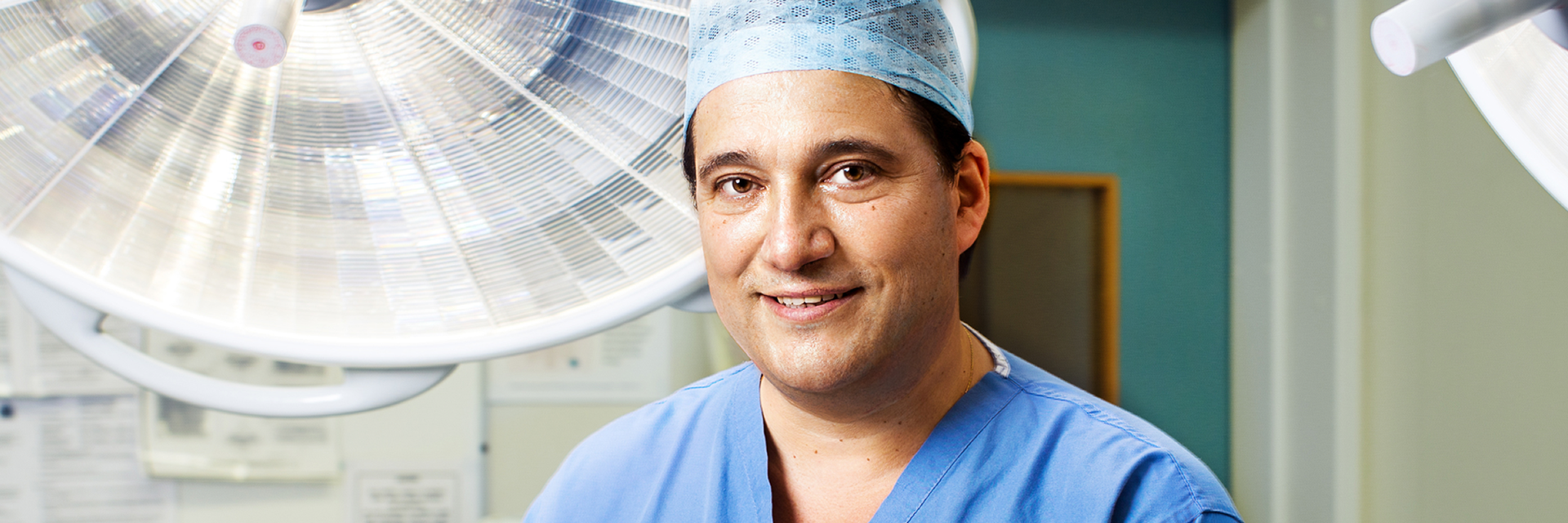A laparoscopy is a surgical procedure during which a thin telescope is placed through your belly button in order to fully inspect the organs located inside: the womb, tubes and ovaries as well as the lining of your tummy. It is indicated to investigate infertility (diagnostic laparoscopy) or treat different conditions previously diagnosed (operative laparoscopy). Small incisions will be made in your tummy to give access to different instruments required for the surgery. Carbon dioxide (CO2) gas will be introduced into your tummy to allow inspection and surgery to take place. The laparoscopy is performed under a general anaesthetic and you will need a few days to fully recover. Some abdominal discomfort is normal, sometimes pain in your shoulder due to gas irritation.
The treatments I provide include removing adhesions (scarring) from around the ovaries or tubes, removing ovarian cysts and opening blocked tubes. Another common finding at laparoscopy is endometriosis, a condition where the lining of the womb has attached to organs outside the womb (ovaries, tubes, bowel, lining of your tummy (peritoneum). I routinely treat endometriosis at the time of diagnosis. At discharge I will be discussing the findings and procedure I performed for you.
Like with all surgical procedures some risks are present. Infection at the incision site and haematomas (blood collection underneath the incision) are common. Rare risks include perforation of bowel, bladder or blood vessel, occurring at the time of inserting instruments through your tummy wall. This will require that your tummy is opened (laparotomy) to fix the problem. Patients with previous surgery, pelvic infections or excess weight are at a higher risk. Complications after surgery include urinary retention (inability to empty bladder), urinary infection, a blood clot (venous thrombosis) in your leg or lung. If you develop tummy pain, bleeding from an incision site, vomiting or temperature you must attend the emergency room in the hospital where you had the surgery or contact me directly on 087 682 5088. In general, the risk of minor complications is around 1:300 and of major ones is 1:1000. In order to reduce risk, I perform this surgery using a special optical trocar, without the need to blindly introduce instruments.
In preparation for surgery, I see all patients for a visit prior to offering them a date. I will be discussing all details of the surgery with you and ample opportunity to ask questions will be given. I will also ask you to sign a consent form to reflect the discussion and to permit me to perform the surgery.













